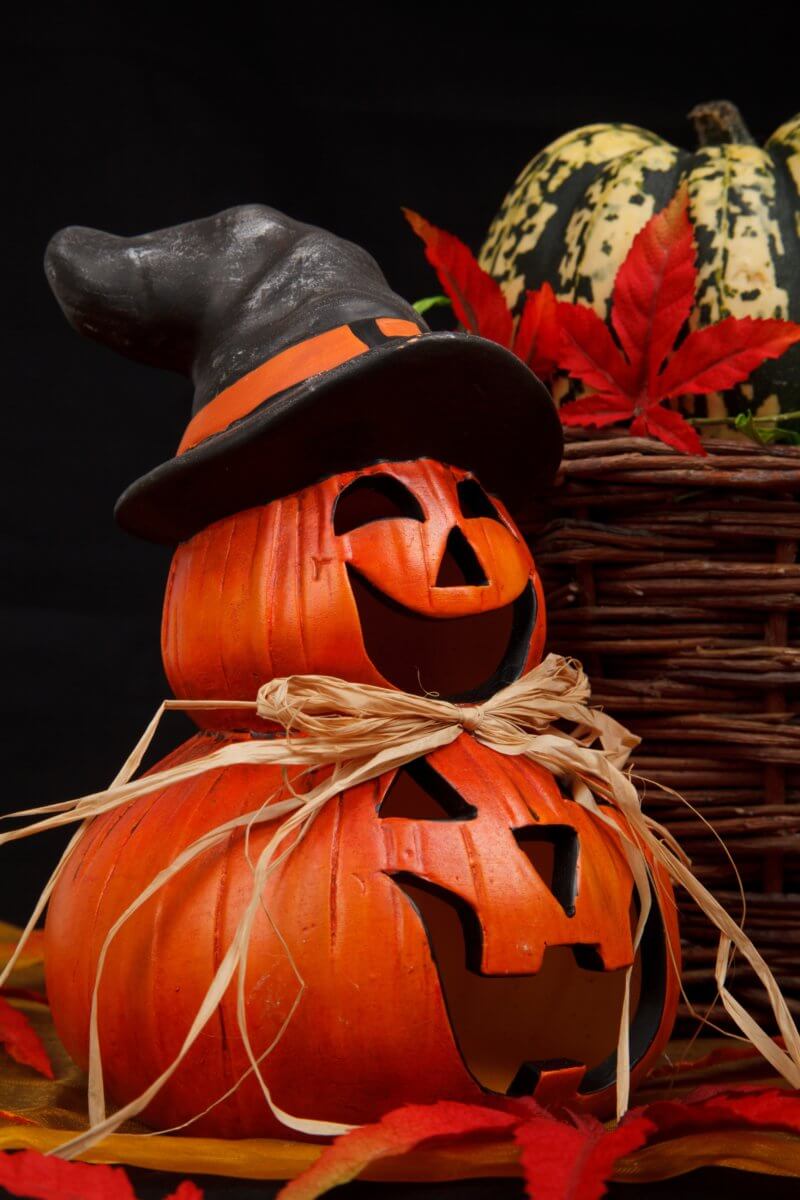When most people consider Halloween, they imagine the American festival, which seems to celebrate plastic costumes, cheap candy, and fancy pumpkin carvings. When asked about celebrating Halloween in Australia, they say “What? Why would we do that? That’s so American!” and offer their thoughts on whether sending your kids to knock on a stranger’s door for lollies is a sane practice.
I’d like to clear up some misconceptions. First of all, Halloween didn’t start in America. 2000 years ago in Ireland (and parts of the UK and Northern France), the Celts would celebrate Samhain (Pronounced sah-win). In the Irish language, Gaeilge, Halloween is called Oíche Shamhna (ee-ha how-na), which literally translates to ‘night of Samhain’. This festival was about lighting up the increasingly lengthening nights with bonfires and dancing – a harvest festival to herald the end of summer and the coming of winter.
Ireland has very strong ties to the ideas of magic, fairies and spooks. It was believed that during Samhain, the boundaries between our world and what we might call Fairyland grew thin, allowing these creatures to move across. People left offerings of food and drink outside their homes, so that they might be left alone for another year. Masks and disguises were worn to trick the fairies, since disguising yourself as a magical creature was supposed to protect you from their mischief (often involving the destruction of livelihoods or stolen children). Gatherings were held around bonfires, and feasts and games were had. Masked revelers would go door-to-door singing songs, and if they weren’t rewarded with some food it meant misfortune for that house.
Over thousands of years, Samhain traditions have slowly changed, with some hints of what it once was. In Ireland today, Samhain has become Halloween due to the influence of the Catholic Church. All Hallow’s Day, a day on which the dead are remembered and prayed for, is November 1st. Halloween is All Hallow’s Eve, and instead of fairies wandering around, it is now evil spirits who lurk about in the dark. The festivities remain somewhat the same, but with much of the pagan rituals sanitised to be more ‘Christian’. Halloween was brought to America by immigrants, and evolved there to become what you see in movies today: Bigger, brighter, commercialised.
I grew up in Ireland, and I miss Halloween. I miss the sense of community, how everyone in every neighbourhood got involved. In primary school we would make decorations to hang around our houses. On the night, as it started to get dark, we would don our witch’s hats and face paint, our vampire fangs and capes, and head out to meet up with our friends. We’d knock on doors of houses decorated with lights, cobwebs, skeletons, gravestones, and cackling witches. We’d shout “Trick or treat!” and often be asked to sing a song or rhyme before being given some kind of chocolate or lolly, peanuts or sometimes a few coins if the house had run out of food. There’d be other groups of people going around in the dark, no more than shadows on the other side of the street, everyone in masks or face paint. You couldn’t recognise people until you were right in front of them. We’d go back to someone’s house and play games that were played 1000 years ago, like bob-the-apple. Finally, everyone in the neighbourhood would gather to watch fireworks. It felt magical, a night when the usual routines of life were cast aside and the community came together in the dark, masks lit by torchlight, just to have fun.
My family moved to Australia when my sister was eight. Before then, I had simply assumed that the whole world celebrated Halloween. I feel like she missed out on something that I treasure. Perhaps the lens of nostalgia has made the fireworks brighter, the lollies sweeter, but I choose to believe that Halloween is just as fun as I remember it. Last year we had one group of boys come trick or treating, because I had decorated the house for a Halloween party. They seemed a bit put out – perhaps because they hadn’t found many houses to knock at. I managed to find some biscuits for them, and I hope they’ll come again next year. Halloween is a festival that requires a community to celebrate together, and I think Australia could enjoy it, if people would only give it a chance.
We acknowledge the Ngunnawal and Ngambri people, who are the Traditional Custodians of the land on which Woroni, Woroni Radio and Woroni TV are created, edited, published, printed and distributed. We pay our respects to Elders past and present. We acknowledge that the name Woroni was taken from the Wadi Wadi Nation without permission, and we are striving to do better for future reconciliation.
